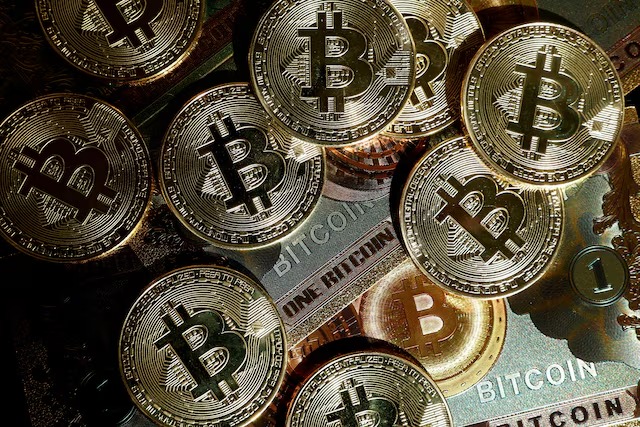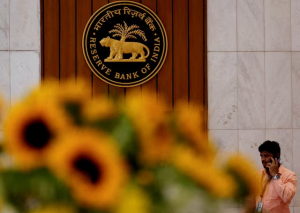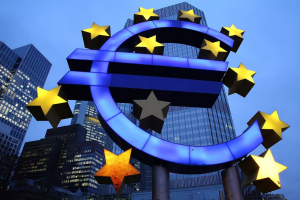Vietnam has enacted a new law regulating digital assets and establishing the first comprehensive legal framework for artificial intelligence, marking a pivotal shift in the country's digital economy. The Vietnamese parliament approved the Digital Technology Industry Law with a significant majority, with 441 out of 445 lawmakers voting in favor, thus laying a clear legal foundation for dealing with cryptocurrencies and modern technologies such as artificial intelligence and blockchain.
The new law officially recognizes digital assets as legal virtual assets, allowing investors and companies to use digital currencies like Bitcoin and Ethereum in legitimate investment and trading activities. The law classifies assets into two categories: virtual assets such as game tokens and loyalty points, and blockchain-based cryptocurrencies like digital currencies and NFTs, while securities and central bank digital currencies are excluded from the framework.
The Digital Technology Law will come into effect on January 1, 2026, providing comprehensive frameworks for the use of digital assets and the development of artificial intelligence and modern technologies. This legislation highlights Vietnam's strategic ambition to transform into an Asian digital powerhouse by enhancing productivity, fostering innovation, and strengthening digital governance.
On the other hand, this law serves as a direct response to the Financial Action Task Force (FATF) observations, which had previously placed Vietnam on the "grey list" due to weak cryptocurrency regulation. The new legal framework includes stringent standards to combat money laundering, terrorist financing, and prevent the use of digital assets in the proliferation of weapons, enhancing Vietnam's standing in global markets and restoring confidence in its financial system.
With the implementation of the law, the Vietnamese government will work on issuing detailed regulatory guidelines that include licensing and operational mechanisms, enforcing compliance standards for digital asset service providers, as well as imposing strict cybersecurity protocols. This legislative shift is expected to stimulate foreign investment flows, accelerate the pace of innovation, and solidify Vietnam's position as an emerging powerhouse in the field of digital technology.













